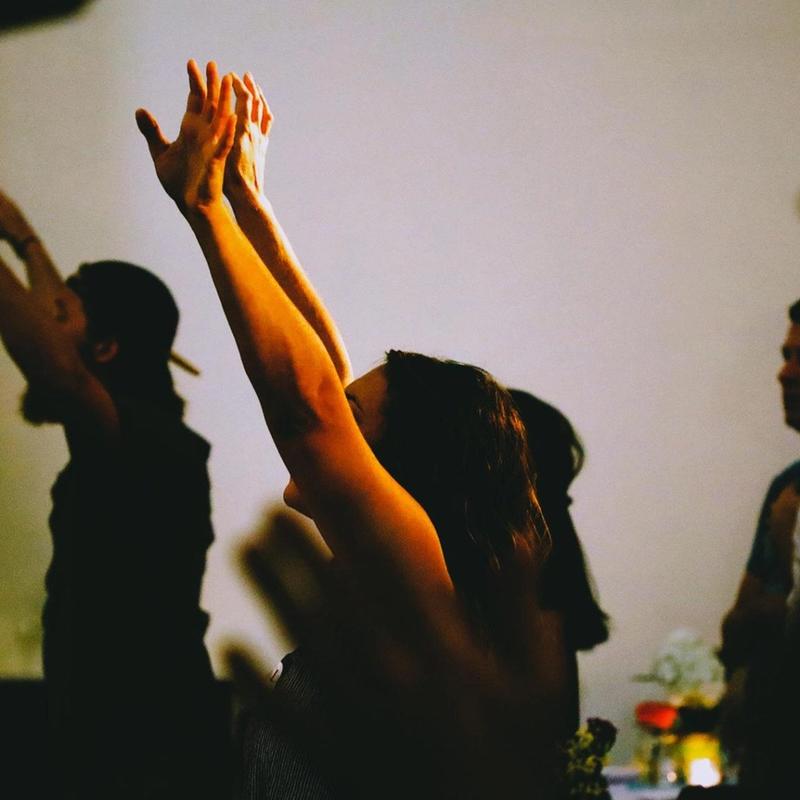There’s no place you should rather be on Sunday – the Lord’s Day – than in a church that heralds the good news of Christ’s victory over sin and death. Sadly, Sunday worship has fallen on hard times in the United States. Back in 2014, when the Barna Group asked Americans what it was that helped them to grow in their faith, going to church didn’t even make the top ten responses. The group noted,
Regular attenders used to be people who went to church three or more weekends each month—or even several times a week. Now people who show up once every four to six weeks consider themselves regular churchgoers. Many pastors and church leaders are accounting for sporadic attendance in their ministry planning.[1]
As a pastor, I’ve seen this trend in many different churches, and am saddened by it. Most Americans don’t think they’re missing much when they choose to be somewhere else besides church on a Sunday morning, and I believe we (pastors) have contributed to this problem.
Many churches have domesticated worship for the sake of trying to attract non-Christians.
Now, believe me, I’m all for reaching the lost. But for many churches, the outreach strategy is the worship service. We want people to be comfortable, so we’ve structured our worship services in such a way that they’re primarily geared toward being an entry-way for those unfamiliar with Christianity. Let’s make the service accessible, comfortable, laid back – the thinking goes. Give people what they’re used to, so that there’s no barrier in their getting involved. We’ve all but turned worship into the living room experience, complete with coffee, large television screens, couch-like seating, and a pastor who barely got out of his pajamas.
Don’t mistake me for the stodgy old pastor who wants to remove drums from the sanctuary, either. I’m a 29-year-old minister who has seen the dangers of domesticating worship. Our low view of the Sunday gathering as pastors has resulted in the church being an optional assembly. If people can get their church experience at home on the couch, there’s no reason for them to drive anywhere. When we strip worship of its weird beauty (the beauty of the Sacraments, preaching, liturgy, mystery), we’re left with a spectacle which we’ve organized to attract consumers, and they move on as quickly as they arrive. We need to stop trying to keep people on earth in worship, and start giving them the experience of the heavenly sanctuary, reverence and all. In the words the deceased Russian Orthodox priest, Alexander Schmemann, “In church today, we so often find we meet only the same old world, not Christ and His Kingdom. We do not realize that we never get anywhere because we never leave any place behind us.” (For the Life of the World, 28) We’ve got to leave our old worship behind, and recover the Bible’s teaching on worship.
In Scripture worship is the intrusion of God’s alien kingdom upon us.
It may seem quite ordinary to the one without faith, but for the faithful, something magnificent is happening in the mundane. The author to the Hebrews put it best when he said that in coming together for worship, we are coming to: “the heavenly Jerusalem, and to myriads of angels, to the general assembly and the church of the firstborn who are enrolled in heaven, and to God, the judge of all, and to the spirits of the righteous made perfect, and to Jesus, the mediator of a new covenant, and to the sprinkled blood, which speaks better than the blood of Abel.” (Heb. 12:22-24)
Please, stop for one moment and consider that when you go to church, you are ascending the heavenly Jerusalem. Angels are present, though not to the naked eye. God has promised to meet you there, and your new-covenant mediator, Jesus, is in the midst of the assembly by the power of the Spirit (Rev. 2:1). Earlier in Hebrews, we’re reminded of the fact that in worship we “taste the heavenly gift,” probably a reference to the Lord’s Supper; and that the powers of God’s coming kingdom are breaking in on us like rain from heaven (Heb. 6:4 & 7).
All of this is in fact, quite alien to the normal person, even perhaps offensive. How can we speak of eating the body and blood of Jesus? Isn’t preaching from the Bible sort of outdated? No one uses words like covenant, and blood-sacrifice, today! We’ve forgotten that it’s this strange beauty that captivated the Greco-Roman world. The Christian church after the days of the apostles was accused of practicing cannibalism and incest because of how they spoke in their assemblies, but according to sociologist Rodney Stark, the church also experienced unprecedented exponential growth during that time (See Rodney Stark, The Rise of Christianity). It turns out, the heavenly service sets people’s hearts on eternity, and that results in their willingness to lay down their lives for their neighbors. The church grew not by trying to imitate this world, but by giving this world a glimpse of another world, even by offering them a taste of it in the Eucharist.
This Sunday, God invites you, together with your brothers and sisters, to ascend his holy mountain. To join the angels around us, and the martyrs, who preceded us. He promises to give you the rain of his holy Word, able to spark faith in your heart, and raise you from spiritual lethargy. He offers to feed you, not ordinary food, but heavenly food. A bread so sacred that the apostles warned that eating it could result in death if it was received with impudence (1 Cor. 11:30). In the Bible, worship was far from comfortable, but it was life-giving (Jn. 6:53). It’s life-giving still.
“Come, everyone who thirsts, come to the waters; and he who has no money, come, buy and eat! Come, buy wine and milk without money and without price.” (Isa. 55:1)
[1] https://www.barna.com/research/americans-divided-on-the-importance-of-church/#.VkS_33arTIU






